One year ago, I was writing in the introduction to the annual report 2021 that we are facing “a number of crises simultaneously.” That statement is for sure still valid and we as a consortium has been able to develop even in these hard times – or perhaps we are developing due to the challenges?
The manufacturing industry has shown during 2022 that we are an integrated part of the national security and our ability to adapt to upcoming challenges is one of our key assets. This ability is based on long term investment in company internal skills and robust networks. In this sense the collaborative research activities of SFI Manufacturing have been a vital input. Building of robust networks is based on multiple levels of collaboration – on institution/company level, on individual engineer/researcher level etc.
In order to maintain the role of as an integrated part of national security it is also required that manufacturing is on the national political agenda. It is our intention that SFI Manufacturing, and the continuation of the centre, will contribute to this.
- Lars Stenerud

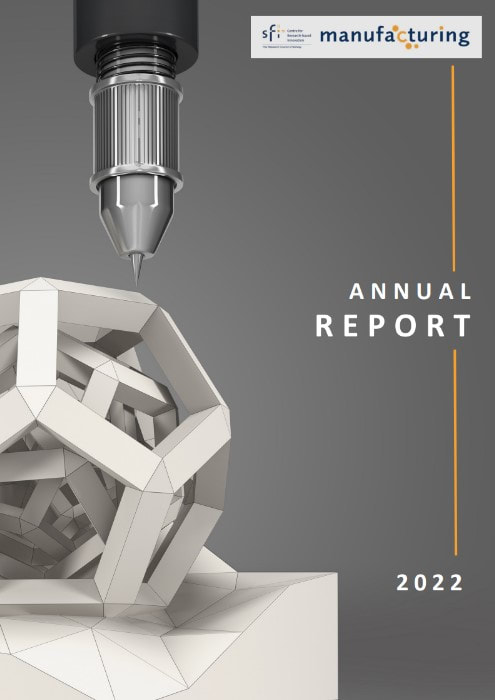


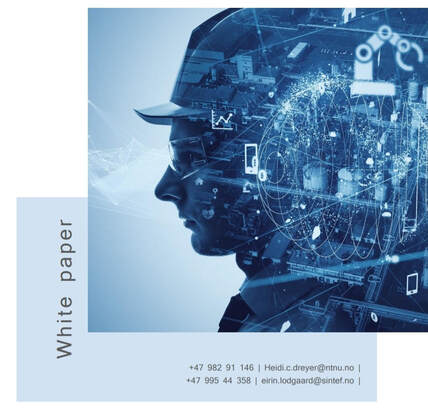
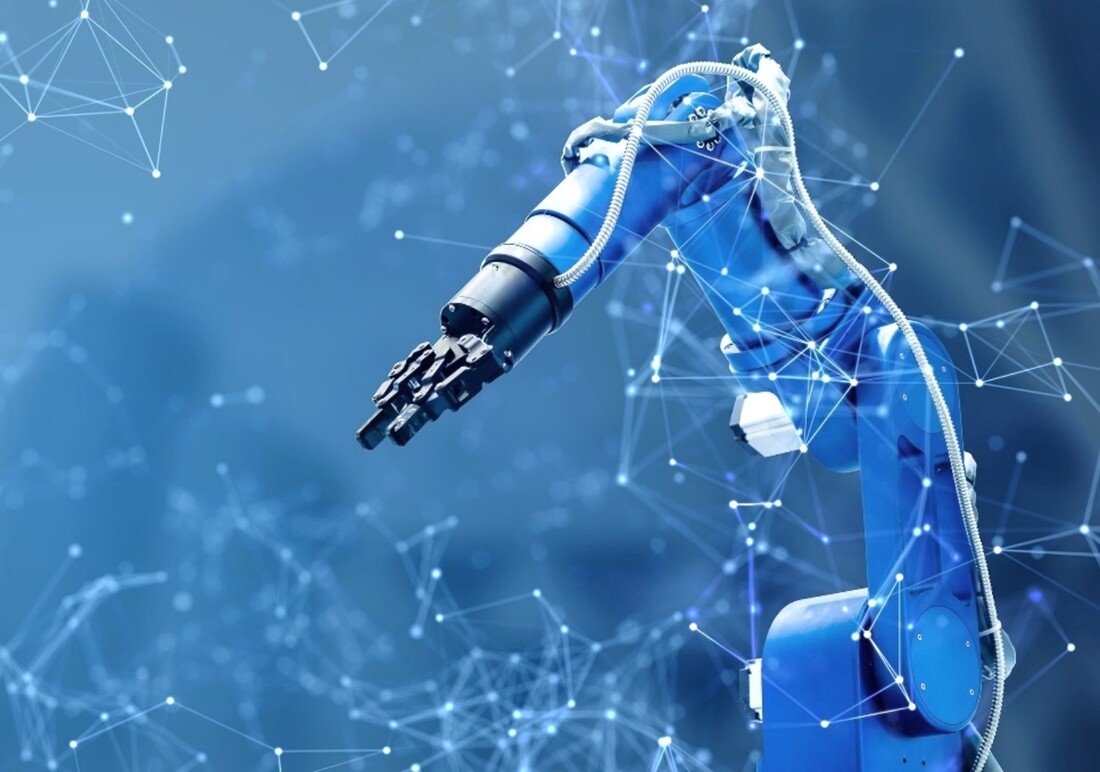
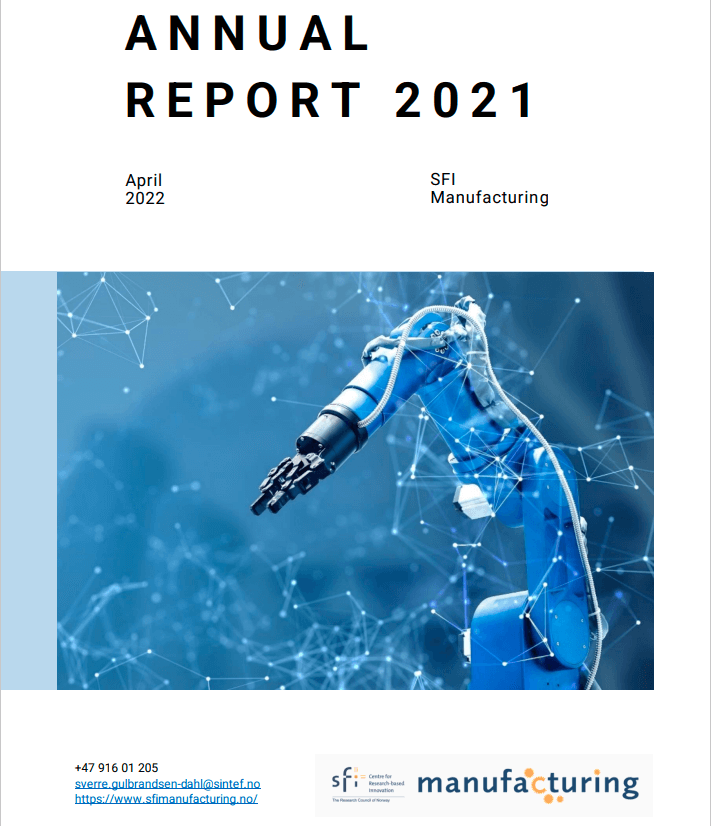
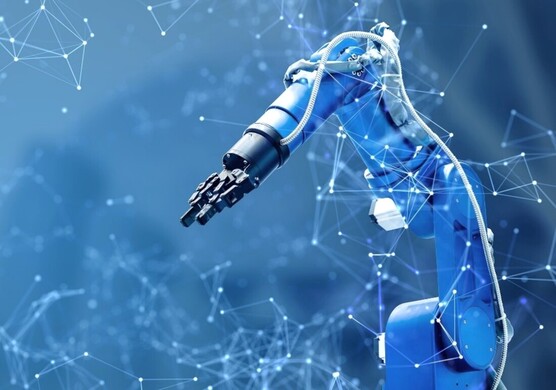
 RSS Feed
RSS Feed
